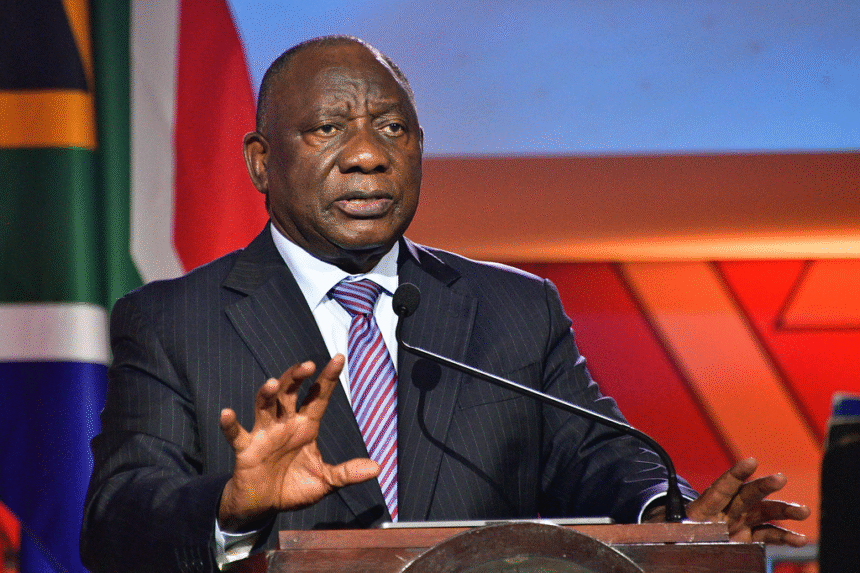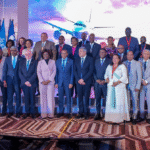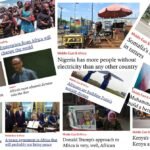Following the United States’ decision to impose a punishing 30% tariff on South African imports, President Ramaphosa penned a letter to the nation, which, while wrapped in calm statesmanship, was unmistakably a firm and strategic rebuttal. It was a lesson in diplomatic finesse, a message that said “we will not be bullied” without ever needing to raise its voice.
Ramaphosa’s letter begins with a sober truth: South Africa is heading into a season of economic turbulence, and it’s not of our making. The United States, our second-largest trading partner, has chosen to impose aggressive tariffs that threaten key sectors of our economy, including agriculture, automotive, and textiles, industries that not only drive exports but alsosupport thousands of livelihoods.
Yet instead of matching Washington’s punch with outrage, Ramaphosa responded with what can only be described as a velvet-gloved pushback.
He subtly reminded the US that this relationship has never been one-sided. South Africa’s exports do not undercut American industries; in fact, they complement them. Our citrus doesn’t compete; it fills seasonal gaps. Our automotive parts, textiles, and raw materials support American production lines. Our presence in the US isn’t just as a trading partner; South Africa is the single biggest African investor in the United States. Twenty-two of our companies are rooted across American soil, contributing to sectors as diverse as mining and pharmaceuticals.
Without ever saying it directly, Ramaphosa poses a pointed question: Who really stands to lose from this short-sighted decision?
But make no mistake, beneath the diplomatic polish is a steel spine. Ramaphosa makes it clear that while South Africa remains open to dialogue, it will not remain dependent. The message is unambiguous: We are not waiting for favours. We are building alternatives.
From launching an Export Support Desk to announcing a forthcoming relief package for affected companies, to deepening trade with Asia, the Middle East, and the African continent, Ramaphosa’s administration is charting a new course, one that frees South Africa from the unpredictability of single-market reliance.
His real pivot, however, lies in his reaffirmation of the African Continental Free Trade Area (AfCFTA). In the face of American tariffs, Ramaphosa calls not just for damage control, but for visionary redirection, for South Africa to lead in shaping new regional value chains, fostering intra-African trade, and claiming its place in the global south as a trade powerhouse.
What makes this letter so striking is what it doesn’t say. There is no mention of Trump. No barbed statements. No alarmist rhetoric. Yet in its restraint lies its strength. Ramaphosa’s message to Washington is clear: We are not your pawn. We are a partner, and if that partnership is no longer respected, we will find others.
It’s a lesson in dignified defiance. In a time where trade wars are often fought with tweets and tariffs, Ramaphosa chose strategy over spectacle. South Africans reading between the lines will understand the deeper call: brace for impact, but do not lose hope. We are not at the mercy of giants. We are architects of our future.
In the end, Ramaphosa’s response is not just about trade. It’s about sovereignty. About agency. About a country that knows its value, and refuses to shrink itself for the approval of others










